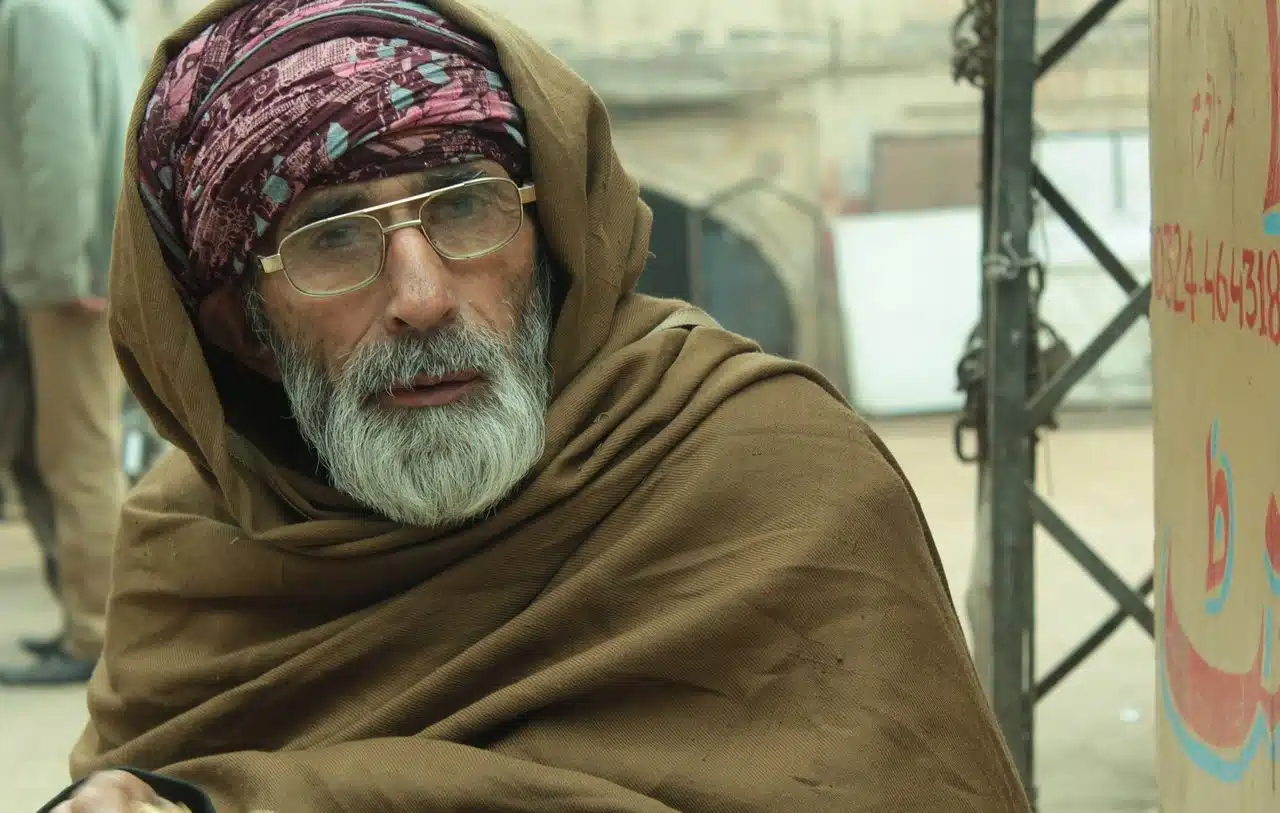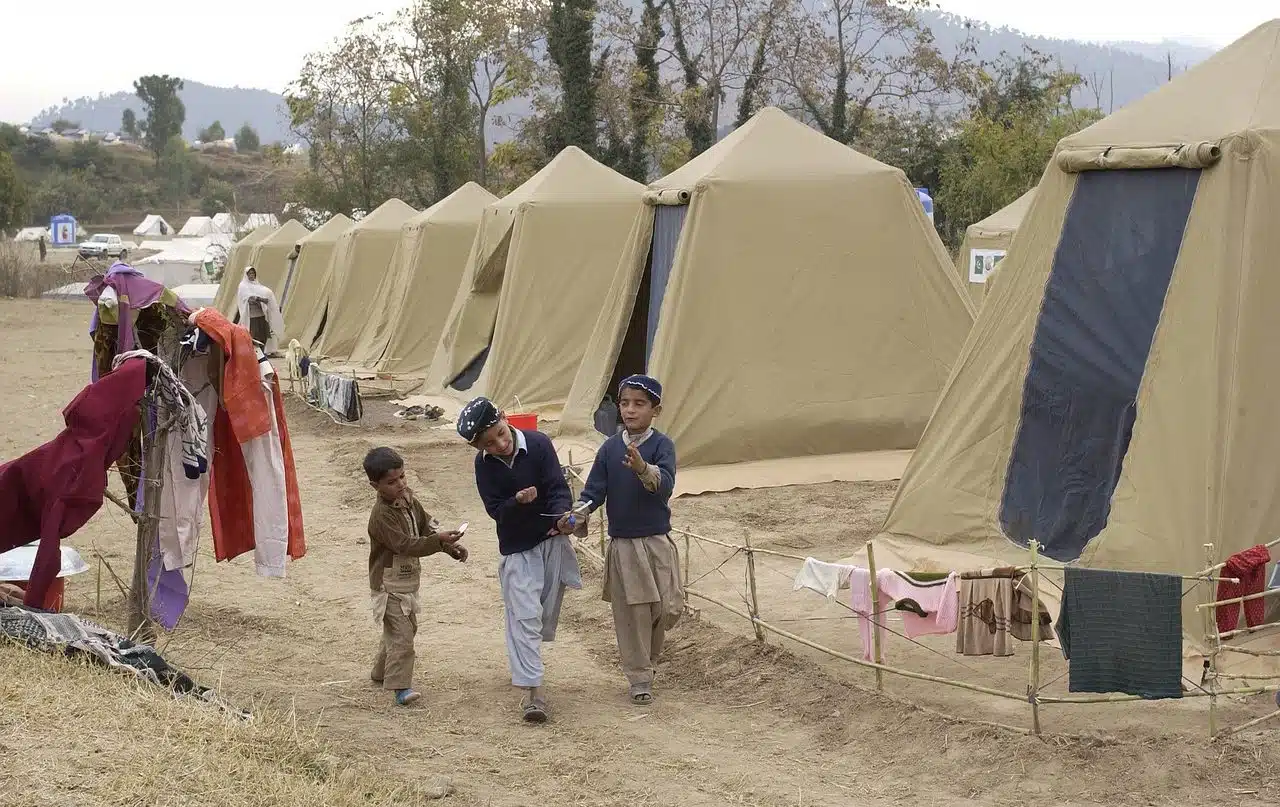
A refugee is an individual who receives shelter in a country other than their own, from which they had to flee for safety reasons.
Refugee is a concept that is associated with the verb to take refuge (to shelter, to shelter). The term is used with reference to the individual who, due to political persecution, a war conflict or another situation that puts his or her life at risk, must request refuge abroad.
Before entering fully into the definition of the term, it is important to know its etymological origin. In this sense, it should be noted that it derives from Latin, specifically from refugium , which referred to the protected place to which a person went when they were fleeing.
The refugee, therefore, is forced to leave his country since, if he remained there, he would find himself in danger. In this way, another nation welcomes him into its territory and provides him with protection .
Treatment of refugees
A person requests refuge or asylum abroad when the State of the country in which they live is no longer in a position to guarantee their safety or the minimum conditions essential for life. A civil war , an international confrontation, a natural disaster and various religious, ethnic or racial reasons are some of the reasons that can lead an individual to take refuge in another country.
The treatment of refugees in the host country varies according to the laws of each nation. It should be noted, however, that international conventions and protocols oblige countries to grant asylum and not forcibly send refugees back to their places of origin. The right to refuge, on the other hand, is part of the Universal Declaration of Human Rights .

Many refugees are temporarily housed in camps.
Your rights
In this framework, different organizations and organizations at the international level have come to propose, as stated by UNHCR (United Nations High Commissioner for Refugees) , that refugees have a series of rights, among which are these:
- They have the right to asylum in all the necessary security conditions.
- In the country to which they arrive, it is vital that they have the same rights as the rest of the foreigners who are legal residents.
- They are considered to have basic civil rights such as freedom of thought or movement, among others.
- They are also recognized, in the event that they have small children, the right to have them appropriately educated.
- They have the right to medical assistance.
- They have the right to work, in the case of adult refugees.
In recent decades, most refugees have escaped from countries such as Afghanistan , Iraq , Syria , Sierra Leone , and the Democratic Republic of the Congo . It should be noted that the UN has the aforementioned UNHCR , which is dedicated to helping refugees during their stay in the host territory.
Differences between refugees and economic migrants
Although the terms are sometimes confused, it is necessary to know that there is a clear difference between a refugee and an economic migrant.
Specifically, what most clearly distinguishes them is that the latter has decided to leave their country of their own free will and with the clear objective of seeking a better life. However, the refugee finds it necessary to abandon his land for his safety or even survival.
